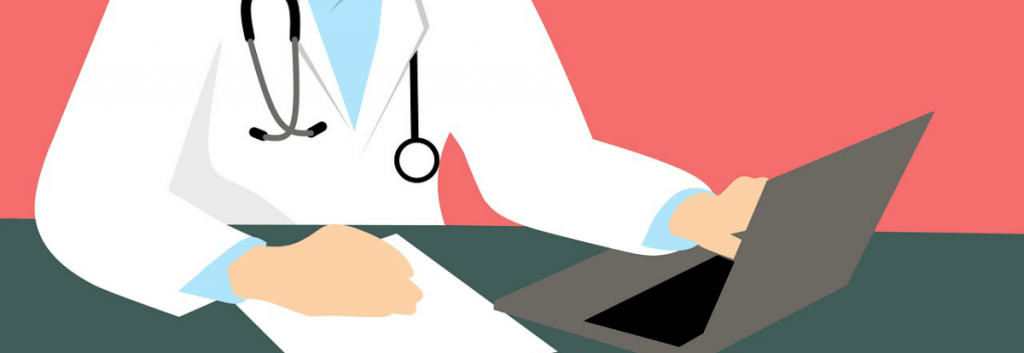
The line between due diligence and medical negligence is thin



It’s fair to say that the line between due diligence and potential medical negligence is thin. We all know that the NHS is stretched, and services like GPs and A&E Departments must remain efficient and well-funded.
It’s therefore understandable that NHS campaigns nowadays sometimes try and persuade people to only use NHS services where it’s absolutely necessary. In days gone by, doctors may have frowned upon patients Googling their symptoms and jumping to irrational conclusions, but in today’s increasingly digital age, patients are actually encouraged to look online before they use NHS time.
But, the line between this is worryingly thin.
Personally, I’d rather not go to the doctors because I don’t want to waste anyone’s time. I feel I’m sensible enough to be able to research symptoms online and know the difference between needing intervention and not worrying about a problem (in most instances), but not everyone may be as capable or confident to do that. With the NHS stretched, and advertising campaigns encouraging people to check symptoms before seeking help – perhaps by checking online using reputable and official websites – there are risks.
Although doctors can get it wrong, patients are far more likely to get it wrong, and that could put lives in danger.
It makes sense to ensure that patients only use NHS services when it’s absolutely necessary, but the line between due diligence and potential medical negligence is thin. We cannot risk deterring people asking medical professionals for help when there are so many symptoms and ailments that are very closely linked.
Chest pains could be strained muscles or serious heart problems, and it’s those kinds of problems that mean that ‘Dr Google’ is not always the best option…
Although saying that, doctors do research symptoms online for patients as well, but it is with a great deal more base knowledge. I was once asked by a doctor to “google back stretching exercises” for a problem once, which was far from impressive; but to the point of this article, the NHS must take care to ensure they do not deter patients from seeking help when self-diagnosis can vary significantly from person to person.

Really need to know if you have either a medical, clinical or dental negligence claim to make?
Fill out our super-fast form below and our team will contact you and let you know if you have a case to make a claim for compensation.
Claim NowThe content of this post/page was considered accurate at the time of the original posting and/or at the time of any posted revision. The content of this page may, therefore, be out of date. The information contained within this page does not constitute legal advice. Any reliance you place on the information contained within this page is done so at your own risk.